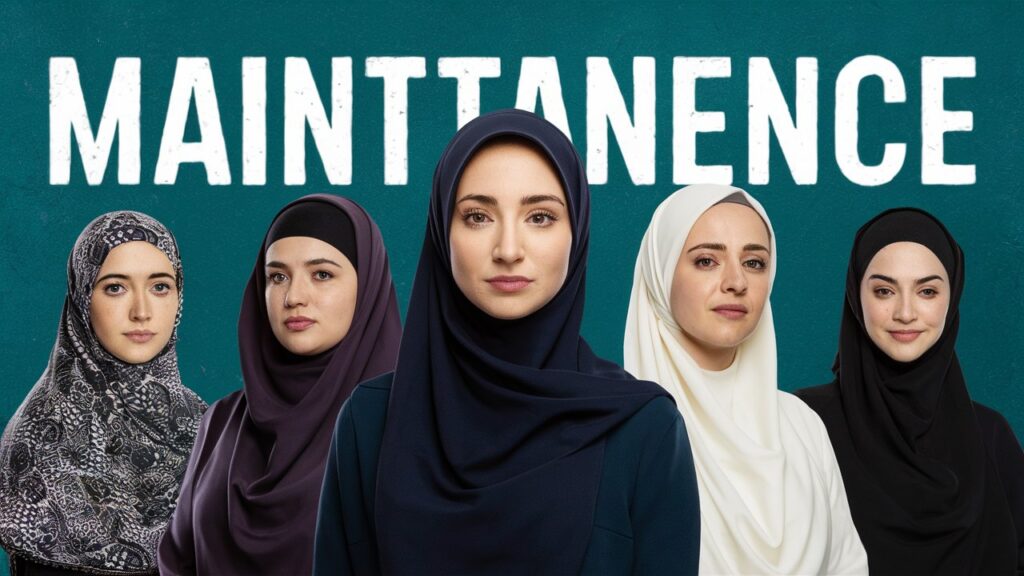Case Analysis: Danial Latifi & Anr. v. Union of India (AIR 2001 SC 3958)

Background of the case
The Danial Latifi vs. Union of India case revolved around the interpretation and constitutionality of the Muslim Women (Protection of Rights on Divorce) Act, 1986 (hereinafter referred to as the Act). This legislation was enacted in the aftermath of the controversial Shah Bano case (1985), where the Supreme Court ruled in favor of granting maintenance to a divorced Muslim woman under Section 125 of the Criminal Procedure Code (CrPC). The ruling faced severe backlash from the Muslim community, leading to the passing of the Act to nullify the Supreme Court’s decision in the Shah Bano case and to provide for the rights of Muslim women in cases of divorce.
Facts of the case
The Shah Bano case in 1985 became a flashpoint in the debate over the rights of divorced Muslim women. Shah Bano, a 62-year-old Muslim woman, was granted maintenance by the Supreme Court under Section 125 of the CrPC, which applies to all Indian citizens irrespective of religion. In response, the Indian Parliament passed the Muslim Women (Protection of Rights on Divorce) Act, 1986. The Act aimed to override the Shah Bano judgment and provided that the maintenance of a divorced Muslim woman should be determined in accordance with Islamic law. Danial Latifi, a senior advocate and jurist, along with several other petitioners, challenged the constitutionality of the Act. They argued that the Act discriminated against Muslim women by denying them the same rights as women of other religions under Section 125 of the CrPC.
The petitioners contended that the Act violated the fundamental rights guaranteed under Articles 14 (Equality before law), 15 (Prohibition of discrimination), and 21 (Protection of life and personal liberty) of the Constitution of India.
Issues of the case
- Whether the Act was violative of Articles 14 (Equality before law), 15 (Prohibition of discrimination), and 21 (Protection of life and personal liberty) of the Constitution of India.
- Whether the Act provided adequate maintenance to divorced Muslim women and safeguarded their rights.
Judgments
The Supreme Court upheld the constitutionality of the Act but interpreted its provisions in a manner that ensured justice and equality for divorced Muslim women.The Court held that the phrase “a reasonable and fair provision and maintenance to be made and paid to her within the iddat period by her former husband” under Section 3(1)(a) of the Act should be interpreted to mean that the maintenance provided should be sufficient for the entire life of the divorced woman or until she remarries. This maintenance should not be limited to the iddat period alone. The judgment ensured that divorced Muslim women would receive fair and reasonable maintenance, thereby protecting their fundamental rights under Articles 14, 15, and 21.
The judgment harmonized the personal laws with the constitutional mandates of equality and justice, ensuring fair treatment and adequate maintenance for divorced Muslim women.
To enhance your legal career as a corporate lawyer or to setup your own private practice you must acquire practical legal skills, Inculcatelaw offers comprehensive courses to enhance your legal knowledge. Follow us on Linkedin and Instagram
Submit your blog on submissions.inculcatelaw@gmail.com.



